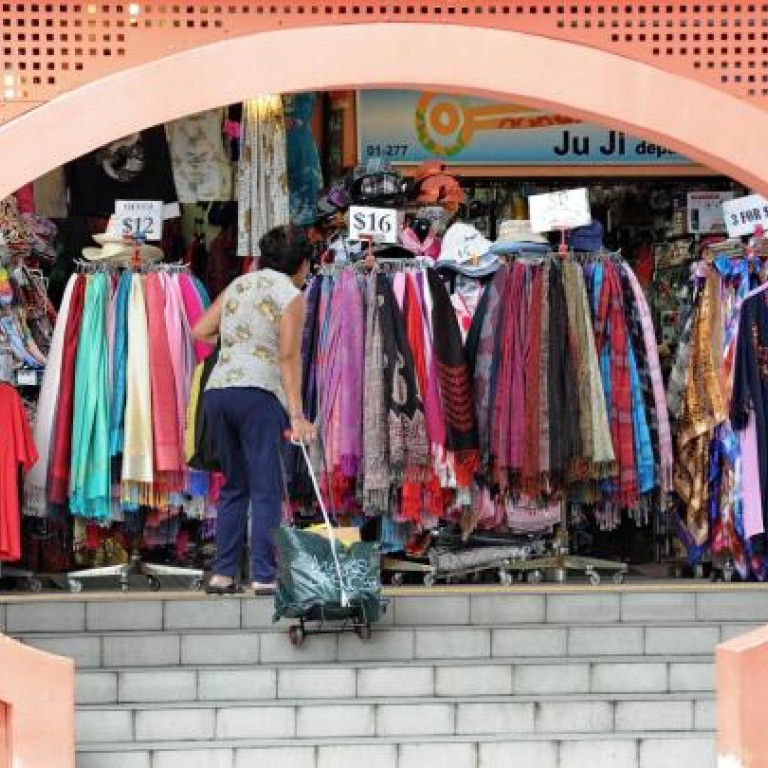
Singapore economy beats forecasts with 1.8pc expansion
City state averts recession even in the absence of stimulus from central bank
Singapore's economy expanded more than economists estimated last quarter, averting a recession even after the central bank refrained from monetary stimulus as it sought to contain elevated inflation.
Gross domestic product rose an annualised 1.8 per cent in the three months to December from the previous period, when it contracted a revised 6.3 per cent, the Trade Ministry said in a statement yesterday. The median estimate in a survey was for a 1.6 per cent expansion. The economy grew 1.2 per cent last year.
The World Bank last month raised its outlook for emerging East Asia nations, citing China's recovery, even as the export-dependent region faces risks from Europe's protracted sovereign debt crisis.
The Monetary Authority of Singapore, which allowed faster currency gains in 2012 to curb price gains, may maintain its appreciation policy after last quarter's expansion as the city state grapples with persistent inflation pressures.
"Global economic conditions will remain challenging in the foreseeable future, and we are not likely to see a notable improvement" until the second half even as China might provide some support, said Leif Eskesen, an economist for HSBC in Singapore.
"This does not mean that the MAS is ready to pull the trigger. Despite the muted growth print and some easing in inflation over the past few months, inflation remains firm and capacity is still very tight."
The Singapore dollar was little changed at S$1.2207 against the US currency. It gained 6.2 per cent last year, and reached a record in October after the central bank said it would maintain a modest and gradual appreciation. A majority of analysts surveyed predicted the pace of strengthening would slow.
Still, the third-best performance among major Asian currencies last year failed to stem inflation in a nation that uses its exchange rate rather than borrowing costs to manage prices. The central bank forecasts inflation will be in a 3.5 per cent to 4.5 per cent range this year, after probably averaging more than 4.5 per cent last year.
The expansion in Singapore, among the first in Asia to release fourth-quarter GDP data, signals the region may follow in reporting resilient growth as the global recovery quickens.
"If there's any plus, we can say, one year down the road, and despite the fiscal cliff, the US economy is in a slightly more stable growth trajectory," said Song Seng Wun, an economist at CIMB Research. "The Chinese economy looks to be in a slightly firmer growth track."
China's manufacturing unexpectedly expanded at the fastest pace in 19 months in December, spurring optimism that a recovery in the world's second-biggest economy is gaining traction. South Korea may get a growth boost this year as incoming President Park Geun-hye abandons fiscal restraint and increases spending on welfare.
"Going forward, what happens will to a large extent depend on things like what stimulus from China looks like, how well the signs of nascent recovery seen in the US is held up," said Vishnu Varathan, a Singapore-based economist at Mizuho Corporate Bank. "[Singapore] will do better than it did last year."
Indonesia said yesterday that inflation slowed in December while exports slumped for an eighth month in November. In Thailand, price gains quickened to a 13-month high in December, the government said.
